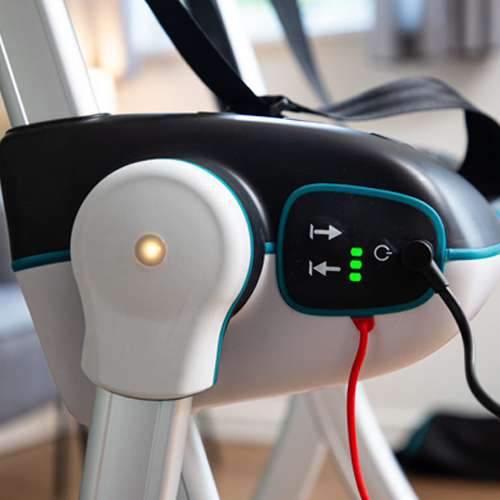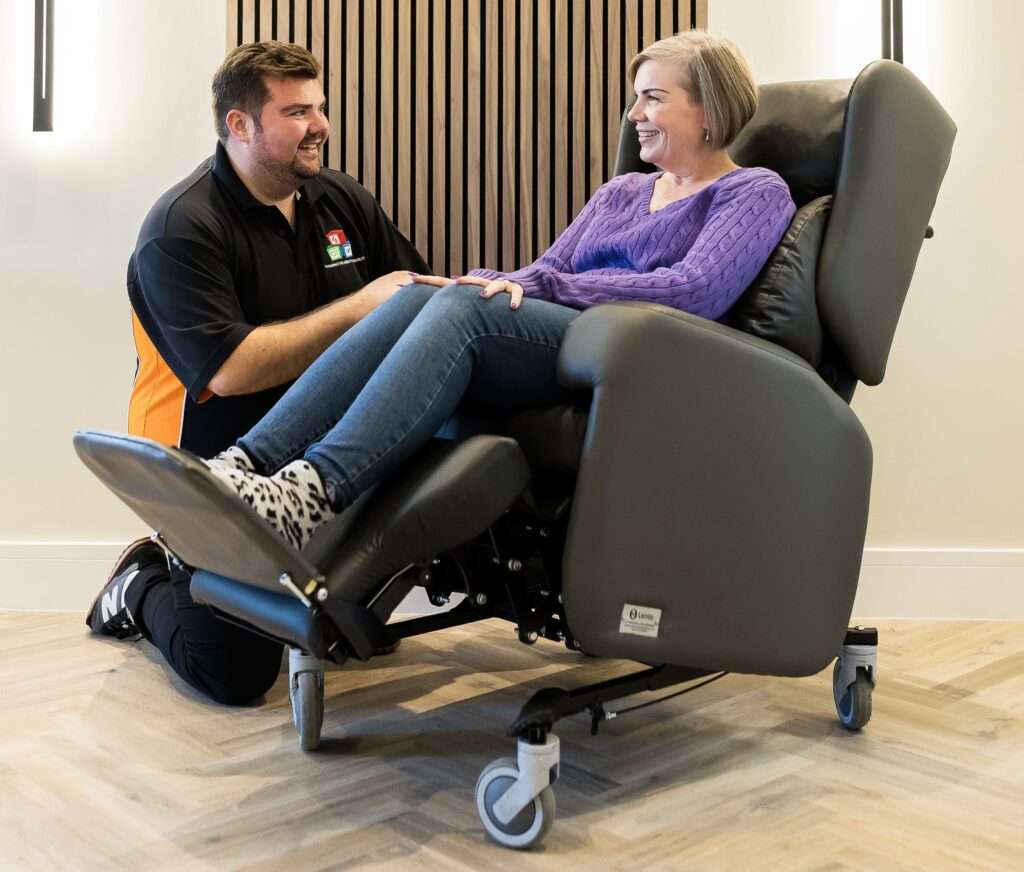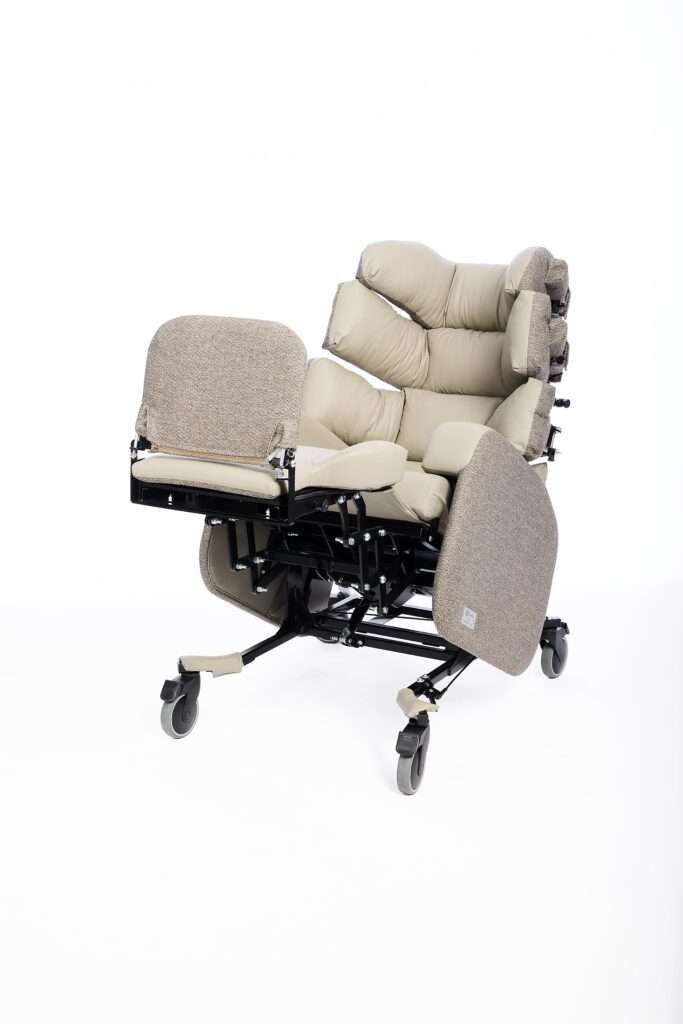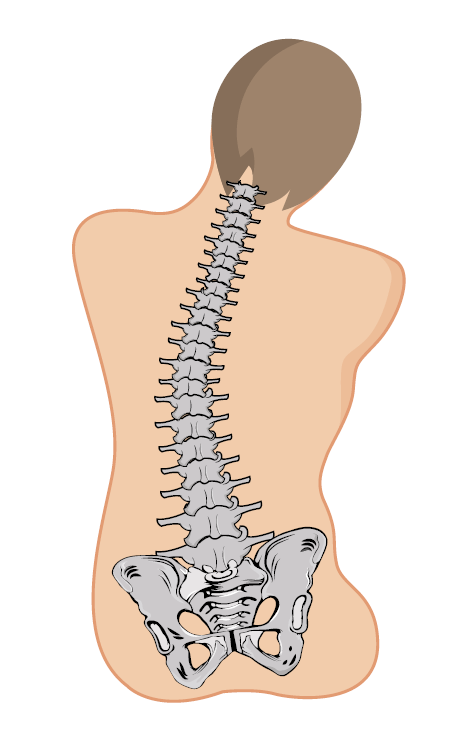A poll we circulated recently confirmed how important aftersales service & repair was for consumers. 67% of respondents regarded this as an ‘essential’ offering from suppliers of mobility equipment.
Digging deeper into this issue, we analyse why this provision is so important to mobility equipment users, and what you need to look out for when choosing a supplier.
Jump straight to...
Why is Aftersales Service so Important?
For some users, their wheelchair or scooter is their lifeline and only way of getting out of the house to run daily errands. Without assistance they could be left stranded, but a backup repair service will give them the peace of mind they need if something does go wrong. For homeowners with a stairlift, this can be their only way of getting upstairs to bed.
As well as having emergency assistance when something goes wrong, regular maintenance can spot faults before they become serious, and check tyres and batteries are in good working order for user safety.
Keeping your equipment well maintained during the warranty period ensures longevity and helps keep it in good condition over its entire lifespan.
For some of the larger mobility products like Class 3 mobility scooters, servicing should be done at least one a year, to ensure the lights and tyres are roadworthy, for the safety of users and the general public.
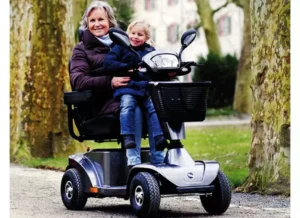
Class 3 mobility scooter
Aftersales maintenance can also help increase customer loyalty and referrals, by increasing customer satisfaction, and selling the customer a replacement model when the product has reached the end of its lifecycle.
Things to Look out for if you are Looking for Aftersales Service
When you are comparing mobility suppliers, every supplier works differently, so be sure to check the small print to see what their aftersales support does and doesn’t include.
Warranty Period
Most warranty periods for motorised equipment like scooters is 5 years, so check with your retailer whether they offer manufacturer’s warranty as standard.
Warranty Conditions
It can be a condition of some warranty agreements that equipment has to be serviced at regular intervals to honour the warranty. Fair wear and tear is usually covered by the warranty, whereas user error is not. Home adaptations to equipment can invalidate the warranty, and some suppliers suspend their warranties in the event of overdue accounts, so be careful to check the seller’s terms and conditions.
Breakdown Assistance
Levels of breakdown cover will vary widely between suppliers. Some suppliers may not offer 24hr or same-day breakdown assistance, due to capacity or location. Be sure to check this carefully and ensure you find the right level of cover for your needs. If you need additional emergency cover, you might want to consider taking out an insurance policy with breakdown cover as part of the package.
Own Engineers
Some companies will have their own in-house trained engineers, whereas others will use third party companies or self-employed engineers. Companies that use their own engineers generally have more availability and specific product knowledge than outsourced engineers.
Inspection Reports
Reputable companies will keep records of all services and inspections carried out, and supply copies of these are part of the service visits. You should be able to request copies of these in case anything goes wrong that has previously been checked.
Callout Fees
Most companies will charge a callout fee for an engineer attending an offsite location, if the fault is not covered under warranty. Check the supplier’s callout fee structure, and how the distance travelled relates to this.
Self-Maintenance Guides
These can be particularly useful for troubleshooting faults and sorting minor issues without needing to pay for an engineer callout. They are normally issued with the manufacturing instructions, so check you have a copy when purchasing the equipment. Some suppliers may offer remote assistance so you can speak to a technician remotely to help rectify any minor issues.
Service Contracts
Look out for suppliers that offer extended warranty and service contracts, that help you keep your equipment maintained over the longer term.
Service contracts are an additional product offering for some suppliers, giving you a fixed fee and agreed service level agreement for a fixed period of time, typically 3 or 5 years.
Service Contracts
LOLER Testing
LOLER testing is mandatory for all hoists and suspended lifts, and is normally required in addition to a general service. Check with your supplier if you are unsure whether this applies to your product.
Summary
Given the importance of backup service and repair to clients with mobility equipment, it is vital for clients to check what level of aftersales service mobility companies offer before they commit to making an equipment purchase.
Contact us for more information about our aftersales service today.
Speak to our team today





